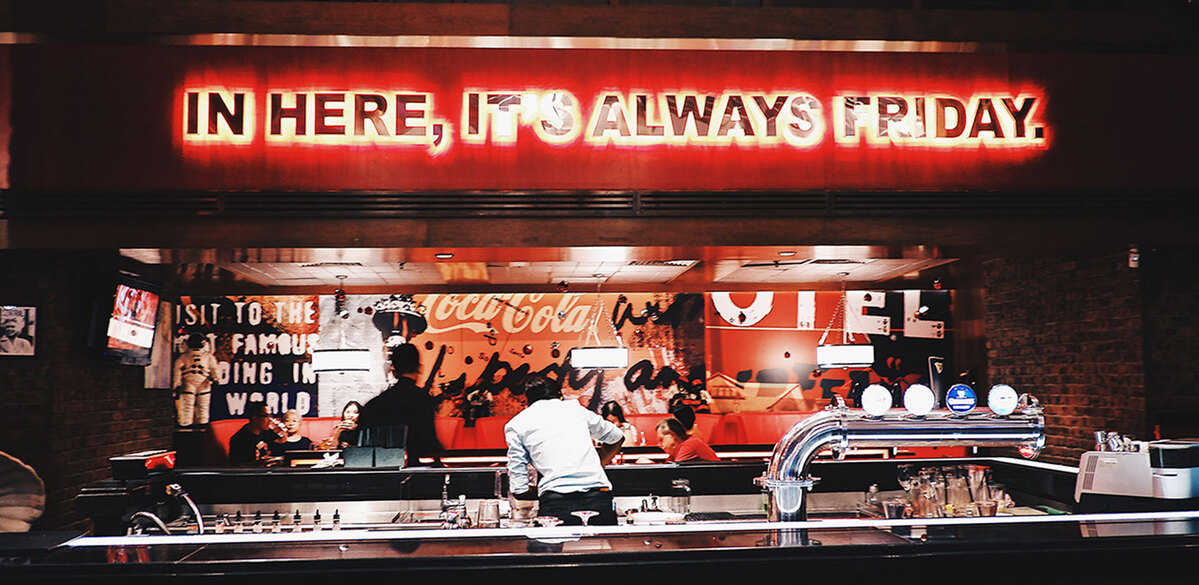Viewpoint: Never take customers' loyalty for granted
Last week's Digital Summit has given Peter Hancock food for thought when it comes to loyalty; what if we tried our schemes on politicians?
Last week I took part in a discussion at The Caterer Digital Summit on the subject of hotel loyalty programmes. We learned some of the crafty ways by which
successful hospitality businesses retain the custom of their biggest fans, such as discounts, invitations to wine tastings, exclusive membership and room upgrades to name just a few. Much of the conversation focused on the capture of data and its use in addressing individuals according to their needs or interests.
My own research in this area suggests that there is little or no real loyalty at play.
We carry on visiting places or buying brands so long as they satisfy us, which can be for many years if done well, but will drop them like a stone the moment something better turns up. The effort that goes into winning new customers actually rewards promiscuity, as it must if the 15,000 new hotel rooms
due to come on stream in London alone are to be filled.
So, with a general election upon us it got me wondering how effective such schemes might be if political parties tried to use them on us, assuming we all voted online and our choices could therefore be identified individually.
In return for sticking with the same party twice we might, for example, qualify
for a rewards package like this:
â- Drinks at the constituency HQ
â- A handwritten note from your local candidate, rather than being door-stepped
â- A keyring bearing the party leaderâs face
Of course, another party would swiftly come up with their own alternative. Perhaps it would be a points-based system whereby you earned 500 points for voting for them in local elections and 2,000 points each time in general elections. Youâd get extra points by making financial donations too. These could then be redeemed as follows:
â- For 500 points claim a half-hour ride in the campaign bus
â- For 1,500 points claim coffee and buns at the House of Commons
â- For 4,000 points have dinner with a senior spokesperson
As we all know, the loyalty of customers, just like that of voters, can never be
taken for granted. Do they respond better to seduction than bribery? I honestly donât know.
Letâs face it, weâre all different. Thatâs why there is more than one decent hotel group in this country and, at the time of writing, more than one political party.
Peter Hancock is the chief executive of Pride of Britain Hotels



















